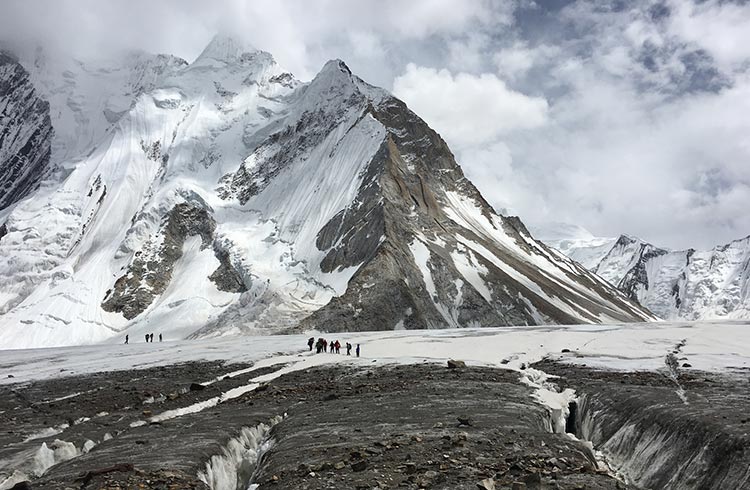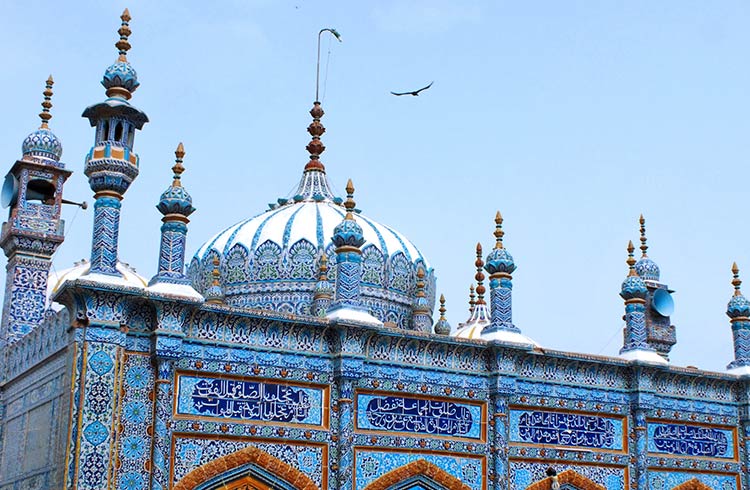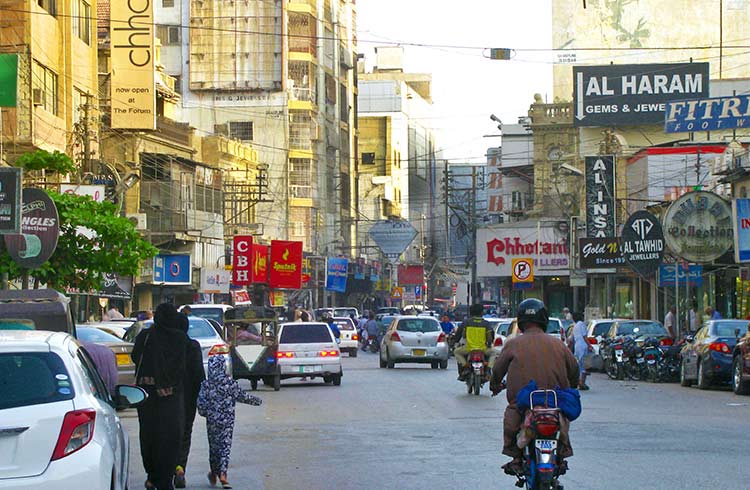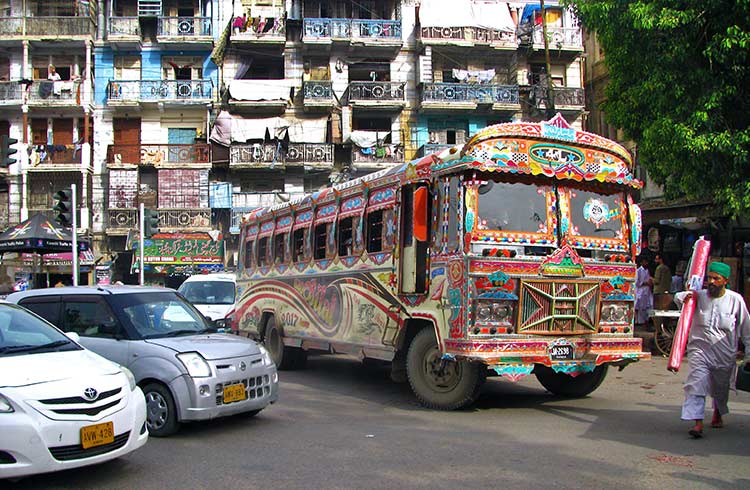Trekking in Pakistan: The Ultimate Travel Safety Guide
Pakistan is a stunning destination for keen trekkers. Before you go, here are the essential safety tips to know to help you plan well and stay safe while you're hiking in the mountains.
 Photo © Getty Images/Tahreer Photography
Photo © Getty Images/Tahreer Photography
If you're looking for incredible treks that are truly off the beaten path, Pakistan is a mountainous paradise with four peaks higher than 8,000m – including K2, the world's second highest mountain, after Everest.
Trekking and Mountain climbing in the Gilgit-Baltistan Area, in Northern Pakistan, is quite popular among mountaineers. Climbers and trekkers from all over the world come to visit this area, which has the highest concentration of the highest peaks anywhere in the world.
Register your visit
All foreign nationals are required to register when visiting this area, and you can usually arrange this through your travel agent. If you want to travel to any areas above 19,000ft (6,000m), you will also need a permit from the Pakistan Ministry Of Tourism. Make sure you have registered for everything well in advance of your intended travel, as the process can take as long as two months and you're probably best off organizing it via one of the many tour companies based in Pakistan. Remember that some travel insurance polices can be affected without possession of the proper permits, but also be sure to check the limits of cover for the heights you are trekking to.
Be sure to use a reputable guide company with good reference when trekking in the Gilgit-Baltistan area, for starters, hiking to high altitudes and indeed climbing high mountains can be inherently dangerous, plus adding the risk of kidnap or banditry to the experience is really unnecessary.
There have been outbreaks of sectarian violence in the area, and you should be aware that this is a real risk. Stay up to date with local news and media in the lead up to your trip, and if things get dangerous or out of hand, you might want to consider altering your plans.
Natural disasters in Pakistan
During monsoon season, which falls between July and September, Pakistan is prone to extreme flooding and landslides, which have displaced millions of people in the past. When large scale flooding occurs, fresh drinking water and food can become quite scarce, and the risk of insect and water borne diseases jumps dramatically and continues for sometime after the floodwaters have subsided.
In late July 2010, heavy flooding affected a large area in Pakistan, with the Khyper-Pakhtunkhwa, Punjab and Sindh areas being affected the worst. More than 1,450 people were killed, and millions were displaced.
Earthquakes in Pakistan
Pakistan does reside within an active seismic zone and earthquakes do occur. On the 18th of January 2011 a magnitude 7.2 earthquake struck the southwest of Pakistan, official reports said that there was only limited damage with no deaths, but that cannot be guaranteed for any future earthquakes.
In September 2019 at least 19 people were killed and 300 injured after a shallow 5.2 magnitude earthquake struck northeastern Pakistan near the city of Mirpur. In 2015 a 7.5 magnitude quake rocked Pakistan and Afghanistan, killing almost 400 people. Find out how to stay safe if an earthquake does strike with these tips.
Mountainous regions are prone to minor earth tremors as well, and are subject to landslides and avalanches as well as flooding.
Coastal areas are also at risk of being exposed to cyclones, although this is not as prevalent a danger as that presented from flooding.
Related articles
Simple and flexible travel insurance
You can buy at home or while traveling, and claim online from anywhere in the world. With 150+ adventure activities covered and 24/7 emergency assistance.
Get a quote


3 Comments
I want to do a trekking in baltistan
Hello Isabel Matillas
I am so glad that you are planning to visit my country Northern Pakistan Baltistan Region . I know you like travel when the weather is moderate, so I suggest you should come in next April and I promise you never experience hot weather. I just recommend you to bring some warm cloth because in spring we expected the weather will be raining. I hope when you come, you stay with my but I can Host Hotel Mountain lodge and Hotel Dewanekhas as you want.... in skardu city,
Danelle
Usually I do not learn post on blogs, however I wish to say that this write-up very
forced me to check out and do it! Your writing style has been amazed me.
Thank you, very great post.